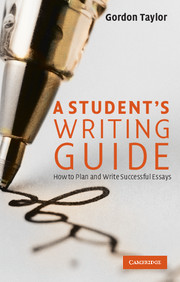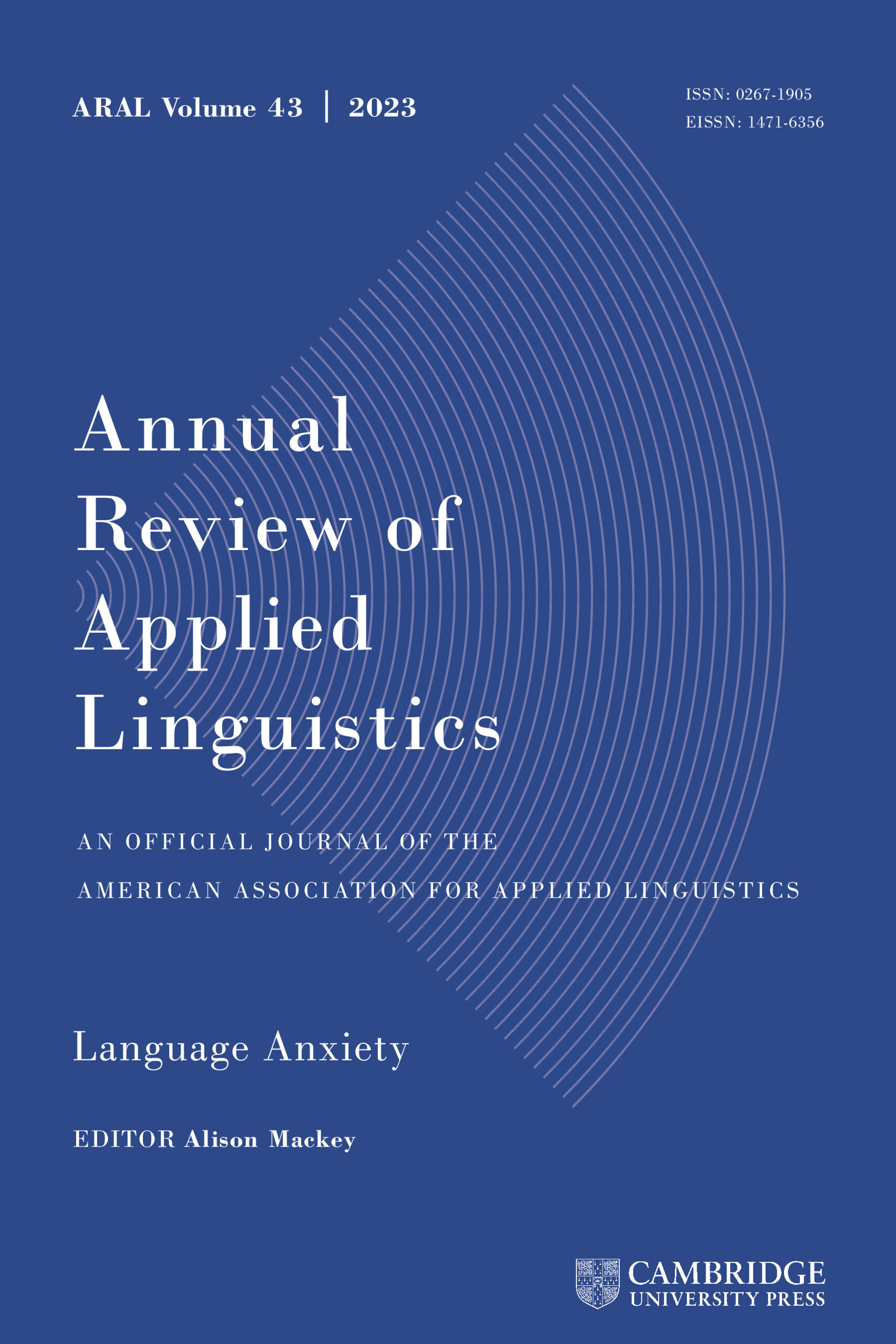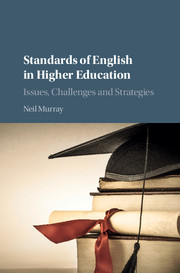Writing Essays in English Language and Linguistics
English language and linguistics shares many of its writing conventions with those of other disciplines, but there are certain features and expectations that distinguish it as a subject. This book is written specifically to help undergraduate students of English language and linguistics develop the art of writing essays, projects and reports. Written by an author with over 30 years' experience of lecturing in the subject, it is a comprehensive and very readable resource and contains numerous discipline-related examples, practice exercises and an answer key. It includes chapters on referencing (including plagiarism, paraphrase and guidance on referencing styles), stylistic issues that often get overlooked, and writing a dissertation. The book offers practical guidance and a layout that guides students as they work though their project. It will be an invaluable reference tool that students can read cover to cover or dip into as and when required.
- Includes a glossary so that students can check definitions quickly and easily whilst writing
- A table of phonetic symbols is provided along with tips for typing them easily
- A frequently asked questions section, organised according to theme, provides answers that offer clear guidance and are written in a sympathetic style
Reviews & endorsements
Advance Praise: "This book is essential for any student of linguistics. It combines clear, cogent advice about how to writing effectively in linguistics at both graduate and undergraduate level." --Anthony J. Liddicoat, Research Centre for Languages and Cultures, University of South Australia
Product details
April 2012Hardback
9780521111195
250 pages
246 × 173 × 18 mm
0.64kg
5 b/w illus.
Available
Table of Contents
- Introduction
- Part I. The Basics:
- 1. Writing at school and writing at university: are they really so different?
- 2. Fundamental principles
- Part II. Getting Down to Writing:
- 3. Analysing and answering the question
- 4. The writing process
- 5. Writing an introduction
- 6. Writing the main body of your essay
- 7. Writing summaries and conclusions
- 8. Referencing and quotations
- 9. Stylistic issues
- 10. Writing up small-scale research projects or dissertations
- Part III. Frequently Asked Questions.










